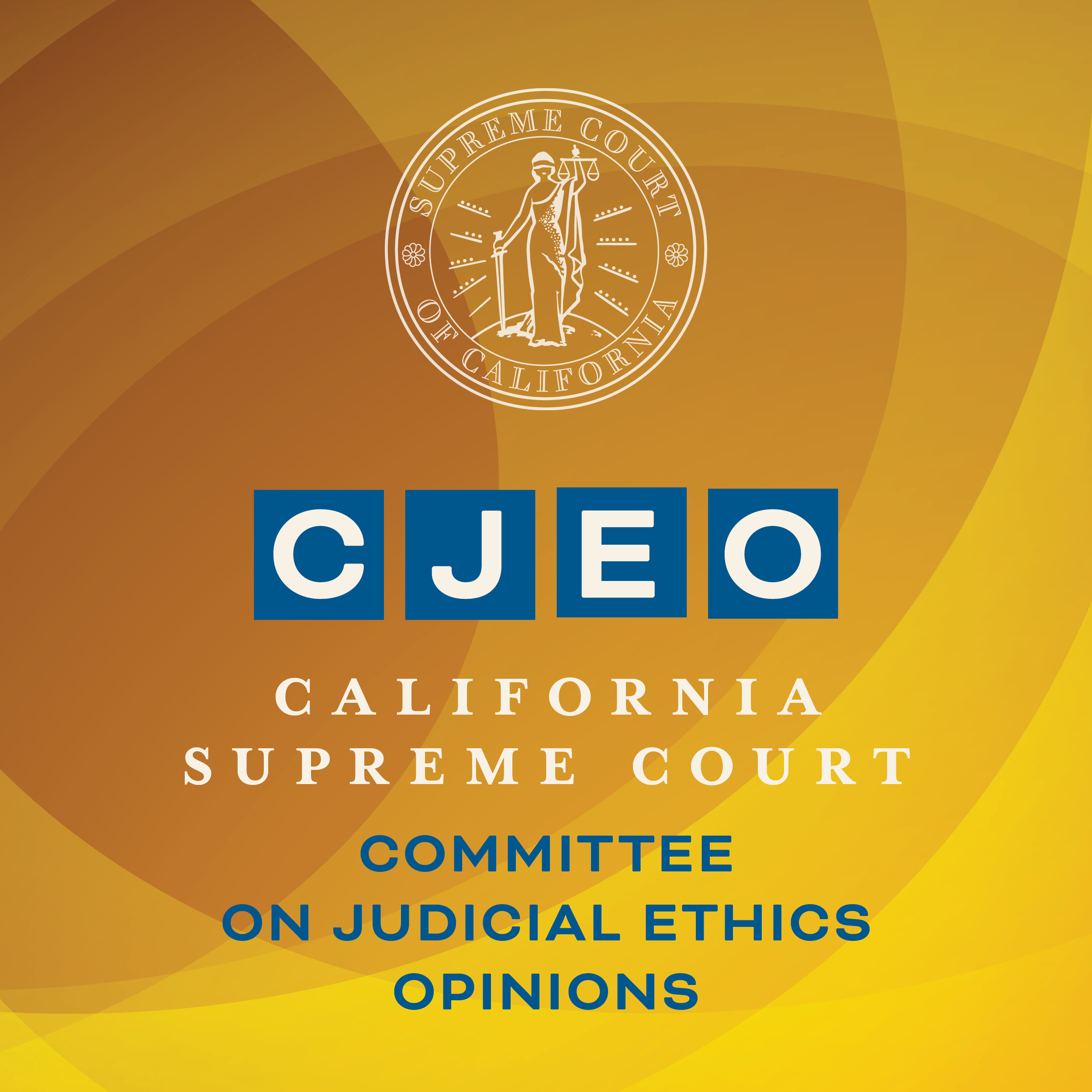Ethics Committee Adopts Opinion about Disqualification for Prior Judicial Involvement in Criminal Trial Proceedings
The California Supreme Court Committee on Judicial Ethics Opinions (CJEO) has adopted a final opinion after considering public comment about the disqualification obligations of a trial judge based on prior judicial involvement in criminal trial court proceedings.
In CJEO Formal Opinion 2023-021, the committee concludes judges who issue a bench warrant for a failure to appear or who preside over a change of plea hearing are not required to disqualify from subsequent proceedings involving those matters for three reasons: (1) a judge who expressed a view on a legal or factual issue in a proceeding is not required to disqualify absent special facts; (2) the statutory grounds for disqualification are not triggered based solely on issuing a bench warrant or accepting a plea agreement; and (3) practical considerations support allowing trial judges to handle subsequent proceedings in the same matter.
In order to promote efficiency and consistency, many courts assign trial
judges to hear criminal cases where the judge has presided over an earlier, related proceeding. This opinion confirms that disqualification is usually not required in these situations, absent special circumstances,” said committee member Justice Judith L. Haller (Ret.)
The committee posted and invited public comment on a draft formal opinion in November 2022. The committee adopted the final opinion after receiving and considering public comments, which may be viewed on the CJEO website.
About the Committee on Judicial Ethics Opinions (CJEO)
The Committee on Judicial Ethics Opinions is a 12-member advisory committee that includes appellate justices, trial court judges, a retired judge, and a commissioner. The committee is appointed and authorized by the California Supreme Court, but its work is independent of the court, the Judicial Council, and all other entities. Its opinions are advisory and do not necessarily reflect the views of the California Supreme Court or any other entity.
The committee issues formal, informal, and expedited advisory opinions on proper judicial conduct pursuant to the California Code of Judicial Ethics and other authorities. CJEO recently updated its website where it posts its advisory opinions, offers resources dedicated to specific judicial assignments and issues, and provides extensive judicial ethics tools and resource materials for the benefit of the bench and the public.


